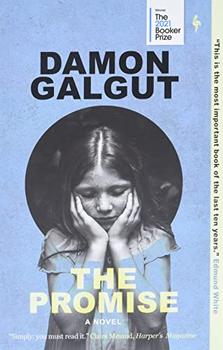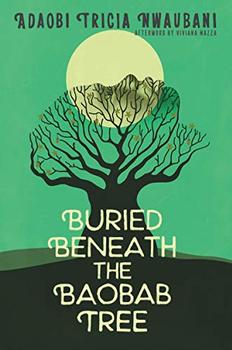Summary | Excerpt | Reviews | Beyond the book | Read-Alikes | Genres & Themes | Author Bio

I have not read a book that has disturbed me this much in a long time. It pulls no punches, refuses to romanticize a very complicated time and place, and lays unfathomable questions at the reader's feet. The fact that Out of Shadows is built on the foundation of debut author Jason Wallace's own experiences in a post-civil war Zimbabwe boarding school makes the book all the more disturbing.
And this is a good thing. A great thing. Because Jason Wallace has created a powerful and important story here about a very specific country and its very specific and significant problems - a story that ultimately transcends that specificity and resonates with many people's hearts in all kinds of landscapes.
The history is critical to understand though; Out of Shadows begins in 1983, a few years after the civil war in Zimbabwe (formerly Rhodesia), and Robert Mugabe is Prime Minister. Life as everyone knows it is over: white people are no longer in power, and a new way of life is emerging. Black Africans feel the promise of equality for the first time. But the war was brutal, and Robert Mugabe is brutal too, and no one - neither white nor black - feels settled. The violence is far from over.
Robert Jacklin is a British ex-patriot, now enrolled in a prestigious boarding school. So for him, life as he knows it is over too. Home is gone and his parents are gone. The school, as per orders from the new government, has allowed a handful of black students through its gates, and early in the book, Robert befriends one of these boys. In fact, they vow to watch over one another and to keep an eye out for a particular racist bully who is in their class. "'Like brothers?' Robert asks. 'Ja... like brothers,' says the boy." At this point in the story, Out of Shadows appears to be about this bond. It seems to be about how racism is wrong, and, perhaps, how Robert, an outsider, will stand up for what is right. But then Robert has a change of heart, and the book changes direction... toward a much foggier, murkier, dangerous landscape. The bully begins to befriend Robert. And although Robert is afraid of him, he also finds himself drawn to the boy, even sympathizing with him - after all, they have both lost their homes.
This is what is what makes Out of Shadows so disturbing. And this is what Jason Wallace does so incredibly well. Nothing is simple. No one is perfectly right, or perfectly wrong. And when Robert finds himself in the middle of something horrific, he must wrestle with complicated and confusing questions - questions whose answers are a matter of life and death. He is forced to grow up fast, and because Jason Wallace has crafted such an engaging, detailed, courageous story, the reader ends up wrestling with the very same questions, and growing up a bit more too.
Out of Shadows is not a book for particularly young readers, or readers who find violence uncomfortable or frightening to read about. But for older teens (and up), this is an important, honest and compelling book.
![]() This review
first ran in the April 20, 2011
issue of BookBrowse Recommends.
This review
first ran in the April 20, 2011
issue of BookBrowse Recommends.

If you liked Out of Shadows, try these:

by Damon Galgut
Published 2022
A modern family saga that could only have come from South Africa, written in gorgeous prose by twice Booker Prize-shortlisted author Damon Galgut.

Buried Beneath the Baobab Tree
by Adaobi Tricia Nwaubani
Published 2020
Based on interviews with young women who were kidnapped by Boko Haram, a Muslim terrorist group, this poignant novel by Adaobi Tricia Nwaubani tells the timely story of one girl who was taken from her home in Nigeria and her harrowing fight for survival.
Your guide toexceptional books
BookBrowse seeks out and recommends the best in contemporary fiction and nonfiction—books that not only engage and entertain but also deepen our understanding of ourselves and the world around us.